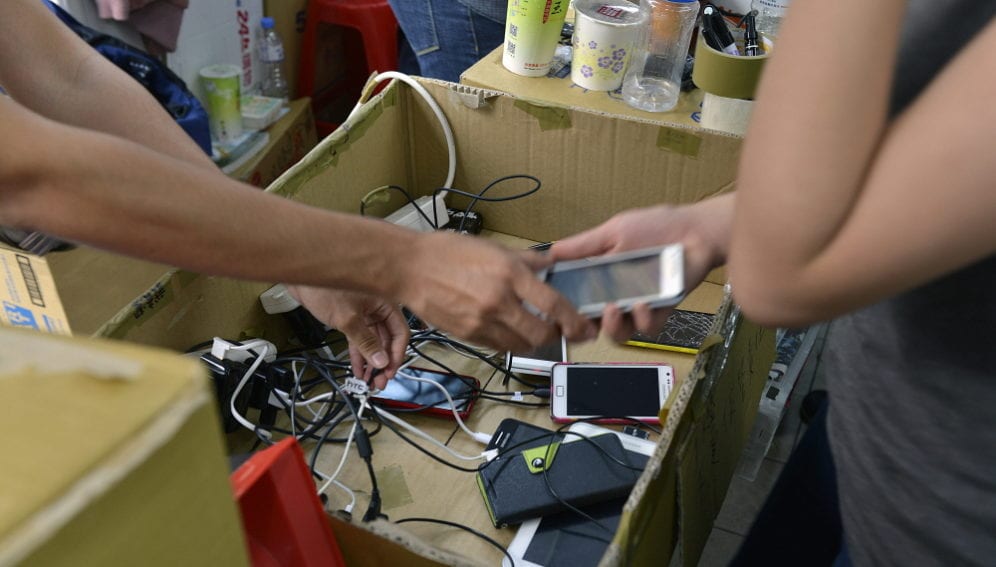By: Joshua Howgego
Send to a friend
The details you provide on this page will not be used to send unsolicited email, and will not be sold to a 3rd party. See privacy policy.
It wasn’t hard to find references to technology at yesterday’s (10 November) annual conference from Bond, the membership body for organisations working in international development. It was a well-attended meeting, with Bill Gates and Justine Greening, UK secretary of state for international development, among the speakers. So it was great to see technology being discussed.
The first nod to technology came in the keynote address from Jay Naidoo, who led South Africa’s reconstruction and development programme under Nelson Mandela between 1994 and 1999.
Alluding to the trend within development for NGOs to quantify their projects’ impact, Naidoo emphasised that real development means giving people “opportunities and hope”, which he said are “intangibles – not deliverables that can be captured in logframes”. He spoke of how development has been effective at delivering quantifiable gains, such as extending the average lifespans of people. But he said it is still struggling to offer these more intangible — and crucial — benefits to marginalised people.
Any tech solution to a development challenge has to work for the local people it is supposed to help.
Josh Howgego
How to remedy this? Naidoo’s suggestion was to equip people with the means to hold their own governments to account. And he said this would likely involve technology. He suggested it could start at the hyper-local level, with mobile phone apps, say, giving people the chance to scrutinise their local school’s budget. The transition from living in a corrupt state to under an accountable government would be an effective way to introduce hope to people’s lives, Naidoo said.
I am hugely enthusiastic about this idea. I have written before that the rise of open government data might open up new opportunities for poor people to hold governments to account. But I’m not exactly sure how it could or should be done.
I had several conversations on this theme at yesterday’s meeting. The most interesting was with Nate Whitestone of Aptivate, an NGO that provides IT support to groups trying to link in unconnected communities to the wider world. He told me about an organisation called SEND Ghana. Among other things, it uses text messages and a phone-in radio programme to inform ordinary Ghanaians about promises their politicians have made, collect people’s feedback, and then send syntheses of it to the politicians.
This sounds like a fabulous model to me. And what’s interesting is that the organisation has been operating for years; it doesn’t use apps or other high tech systems to gather the data.
That’s not to say those things are never useful. Rather, the lesson — as it so often is — is that any tech solution to a development challenge has to work for the local people it is supposed to help.
In the final talk of the day, Justine Greening made reference to the “golden thread of development”: the institutions – courts, land registries and so on – that a functioning nation hangs from. For me it sounded a nice note of circularity, harking back to Naidoo’s singling out of good governance as a really vital pre-requisite to giving people hope and opportunity – real development.
I would like to see more organisations like SEND Ghana exploring how technology can help this cause.
> Link to Aptivate
> Link to SEND Ghana
Joshua Howgego is SciDev.Net’s deputy news and opinions editor. @jdhowgego














